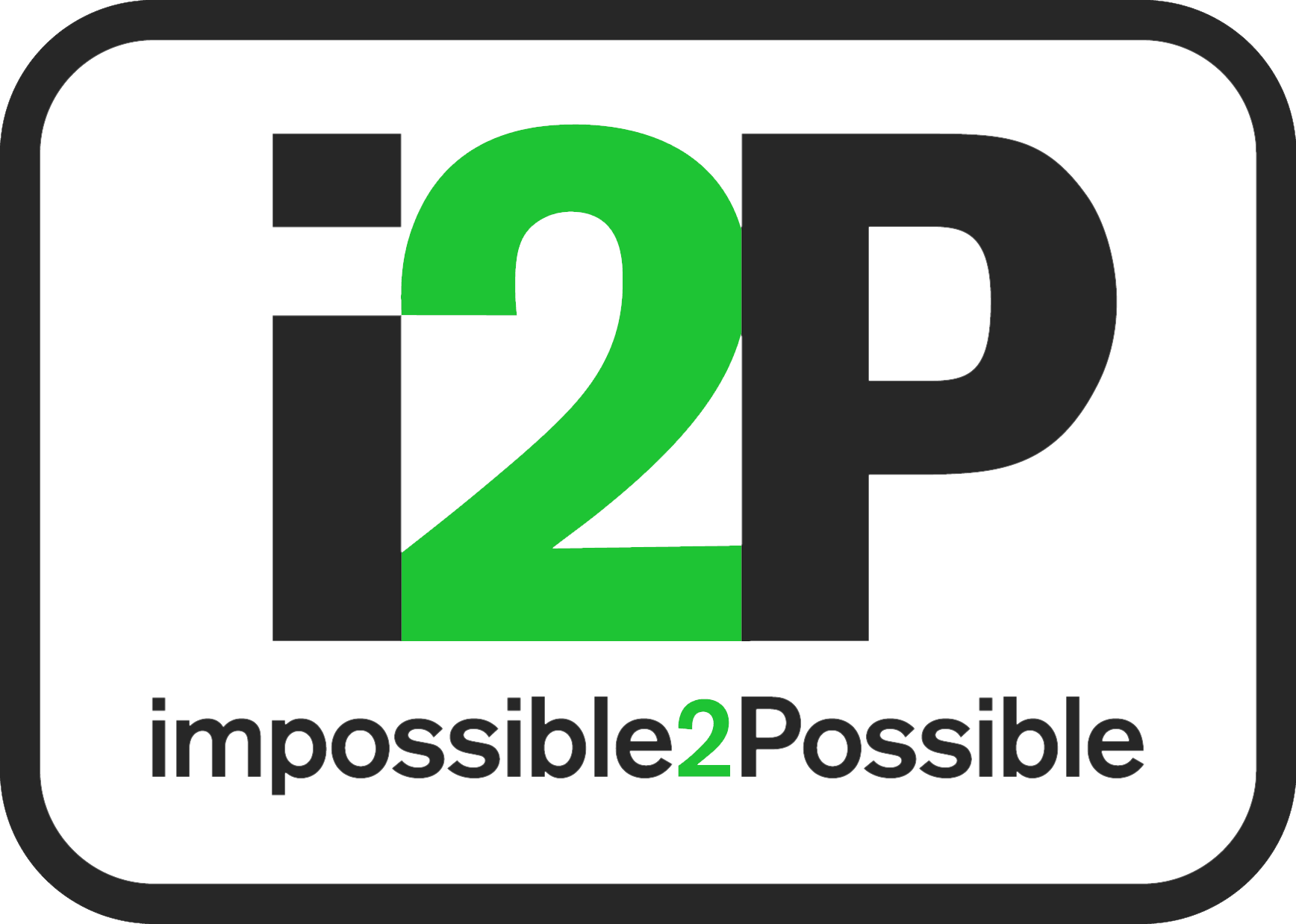Education
Real Life. Real Learning. Real Time. impossible2Possible strives to push boundaries with our Experiential Learning programs. With each new expedition the i2P team will introduce new and innovative ways of engaging students.
Experiential Learning
i2P Education is an adventure based learning program provided free to schools and students by the non-profit organization impossible2Possible (i2P).
impossible2Possible believes that learning can be made more meaningful by placing it in the context of extraordinary experience.
Using interactive Internet/satellite technology and enlisting the active participation of students i2P Education takes experiential learning to the field by tying traditional curriculum to adventure. i2P has now provided a free interactive education resource to tens of thousands of students from countries all over the World using the fertile stage of expeditions to Antarctica, Canada, Arctic, Siberia, North Africa and the Amazon Jungle.
Knowledge is continuously gained through both personal and environmental experience. Experiential learning is a philosophy of education that aims to tie concrete lessons with abstract learning. By enlisting the latest technologies i2P takes experiential learning to another level by linking world-class adventurers and extraordinary expeditions to the classroom. This 21st Century program offers a spontaneous and interactive learning environment that ties real life adventures to a standard curriculum in a manner that will inspire students and teachers alike.
What is i2P Education?
Sample i2P Educational Material

The Hero's Journey
Expedition Greece
In ancient Greece as in cultures around the world the story of the hero’s journey is a common theme. At the heart of many of the world’s most enduring myths and legends is a hero, a man or woman who triumphs over obstacles. Heroes are not all-powerful and immortal beings. Instead they represent the best of what it means to be human, demonstrating great strength, courage, wisdom, cleverness, or devotion.
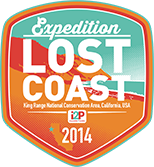
Unique Geology and History of the Lost Coast
Expedition Lost Coast
In the second half of the 19th century, California's population and economy was booming which put an increased demand on forest products of redwood and Douglas fir, and tan oak bark for tannin used in San Francisco's leather tanneries. Little ports along the Mendocino and Humboldt coasts started constructing sawmills, towns, even narrow-gauge railroads to haul timber to mills and lumber to wharfs at ports like Usal, Needle Rock and Bear Harbor. A similar boom occurred after WWII.
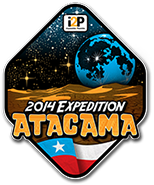
Origins of the Universe
Expedition Atacama
The theme of the Spring 2014 i2P youth expedition to Chile’s Atacama Desert was the “Origins of the Universe”. During the expedition i2P considered how was the universe formed, what the basic building blocks of life are, and if there is life on other planets.
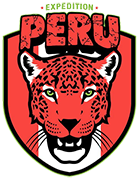
Ecosystem Services
Expedition Peru
Albert Einstein once declared: "If the bee disappeared off the face of the earth, man would only have four years left to live." You may ask, what does the bee have to do with man's survival? Yet Einstein touches on a simple truth; that the welfare of mankind is intimately woven with the environment in which we live and those with whom we share it. Whether the food we eat courtesy of pollinators such as the bee, the wood from trees that we burn to keep warm or build dwellings, or the oil we drill to drive engines, the natural world provides mankind many services.
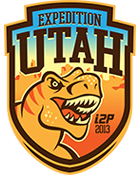
Running Through Time
Expedition Utah
The theme of expedition Utah is 'Running Through Time', which reflects the expedition topics of Geology and palaeontology. During this expedition Youth Ambassadors will 'run' through 255 million years of the Earth's history, written in the geological record of one of the great natural treasures of the world, Grand Staircase Escalante National Monument in southern Utah. The education focus of the expedition is to use the disciplines of geology and palaeontology to contemplate the history of life on Earth, which spans 3.6 billion years. Modern humans are a footnote in this history, appearing a mere 200 thousand years ago. Yet in that short time, human activity has had a profound impact on global ecosystems.
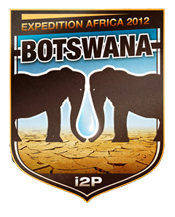
Water and its Effect on Human Development and Biodiversity
Expedition Africa
Simon Fraser University (SFU) and i2P partnered to create a captivating curriculum centered on the topic of Water and its Effect on Human Development and Biodiversity. The curriculum included an introduction to the awareness of the essential need for water and food by all living organisms, the costs associated with delivering drinking water to communities around the world, and how quality of life is affected directly and indirectly by access or lack there of, to clean drinking water.

World Health
Expedition India
During Expedition India i2P investigated the important issue of World Health. Illness touches all human beings at some one point in their life. Without health we cannot lead individually, socially and economically productive lives. In North America many people take access to health care for granted, yet many millions of people around the world lack the basic resource of health. Poverty, overpopulation, and environmental degradation are among the important factors that adversely influence the health of people.

The World of Chemistry
Expedition Bolivia
Bolivia's Salar de Uyuni, nestled high in the Andes Mountains, is an ideal location to explore the world of chemistry. The largest salt flats on Earth, the Salar is a lake which is covered with a crust of salt up to 10 meters thick, strong enough to support vehicular travel. Below the crust lies a lake composed of water, salt, magnesium and over half the world's lithium reserves. The Salar, which is ten and a half thousand square kilometers in area, is the flattest location in the world.

Biodiversity - the variety of life on Earth
Expedition Amazon
This expedition takes place in one the most biodiverse areas of the planet: the Amazon Jungle. The United Nations has declared 2010 to be the International Year of Biodiversity. "It is a celebration of life on Earth and of the value of biodiversity for our lives" - UN. The educational opportunity offered by this Amazon Expedition will be fashioned into a narrative about biodiversity - the variety of life on Earth.
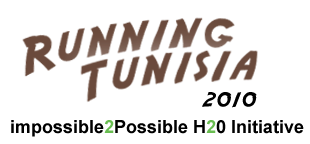
Global Water Crisis
Expedition Running Tunisia
Running Tunisia is a stunning trek through Tunisia and the Northern Sahara Desert, one of the driest and hottest places on the planet. This region will be used as the basis for a curriculum that highlights what the United Nations has called the Global Water Crisis.
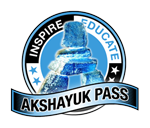
Akshayuk Pass & the Arctic
Expedition Baffin Island
The resource is a web-based program that links the day-to-day activities of the expedition to a set education program. The education resource is not meant to reflect a particular curriculum, but is a broad based discourse that uses the fabric of the expedition as the platform to explore fascinating worlds of history, science and culture. Teachers can employ the resource as an adjunct to their set curriculum or to engage their students by highlighting specific issues currently affecting the Arctic.
Classroom Stories
Live Broadcasts
Tying real-life adventure & standard curriculum with LIVE videoconferencing into classrooms, students become active participants on the expedition! By using this technology, i2P brings the expedition into the classroom and the classroom onto the expedition, providing a two-way street of communication; a portal into the real world!
Below are a few videos recorded during some of our previous expeditions.
